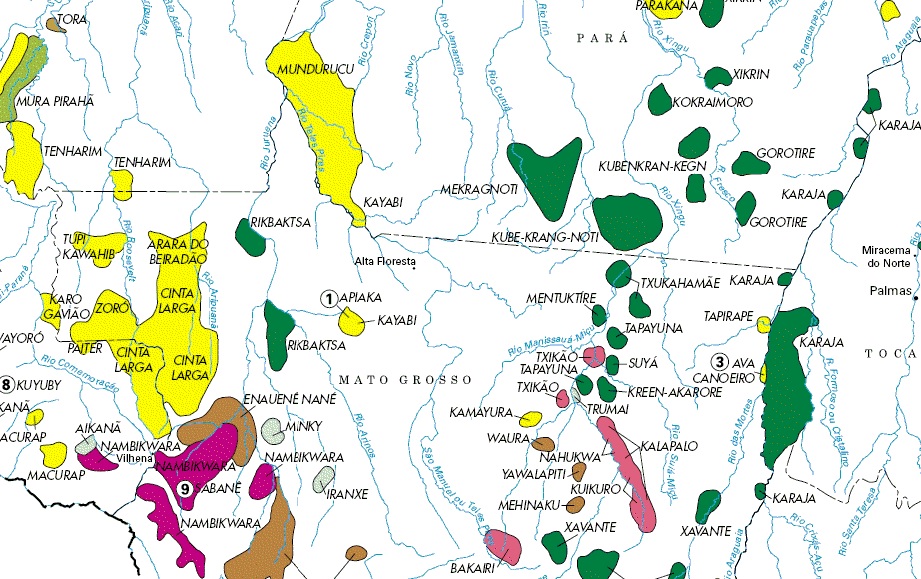ARGENTINA
A group of Argentine institutions are developing a vaccine to prevent the recurrence of melanoma, the most dangerous form of skin cancer. The researchers are currently in the final phase of clinical research for a vaccine that includes melanoma cells and an adjuvant to stimulate the immune system. The researchers hope to have the vaccine approved in two or three years.

Argentina is planting castor oil plants (Ricinus communis) for biofuel. An agreement between farmers in Mendoza and South American Green Oil Company (SAGO) will convert 30 acres of marginal land into productive castor oil farmland. The project, which had an original investment of US$3 million, aims to cultivate 25,000 hectares in the first five years and produce over 110,000 tons of biodiesel.
BRAZIL
One of every four indigenous languages in Brazil is at risk of being lost, says a new anthropological study. Only 37% of indigenous people speak their mother tongue, as many have moved to areas where they must use Portuguese. The major problem identified by the researchers was not the decrease of speakers of these languages, but the loss of vocabulary and grammar.
CHILE
Researchers looking at cancer cases in northern Chile have identified arsenic in drinking water as a potential cause. The scientists say that people in Antofagasta were highly exposed to arsenic between 1958 and 1970, and that lung and bladder cancer risks were found to be very high even 40 years after exposure.
Humboldt penguin populations in Chile and Peru are dwindling. Human encroachment, rats and warming El Nino conditions have been pointed to as causes for the penguins’ demise. Fewer than 50,000 Humboldt penguins are left in Chile and Peru, says Alejandro Simeone from Andres Bello University in Chile.
Scientists interested in earthquake monitoring are looking at northern Chile for clues from past seismic activity. Up to 10 percent of the surface of South America overlies the subduction zone, where one tectonic plate dives under another, so researchers have been looking at the Iquique Gap in northern Chile for evidence of past quakes. They have gathered data from thousands of earthquakes that have left cracks in the surface.
ECUADOR
Ecuador has launched its first satellite from China’s JiuQuan space launch center. Pegasus, as the satellite has been dubbed, cost more than US$700,000 to build and launch and is primarily an educational tool meant to encourage a new generation of engineers and scientists in the space industry, says Ecuadorian astronaut Ronnie Nader.
HAITI
Haiti is planning on planting 1.2 million trees in a single day. In an effort to reverse environmental degredation and address poverty, a new reforestation drive hopes to plant 1.2 million saplings on May 1.
LATIN AMERICA
The journal the Lancet forecasts increasing concern over cancer in Latin America. The study has data from different countries, distinguishes between rural and urban communities, between indigenous and non-indigenous, provides data on the prevalence of genetic mutations, compares health systems in different countries, speaks of obesity and smoking, of specific risks, access to health, and more.
URUGUAY
The Pasteur Institute of Montevideo and the Institute of Animal Reproduction have created Latin America’s first genetically modified sheep. Able to shine under ultraviolet light, the animals carry a fluorescence gene isolated from jellyfish. The next step of the project will be to incorporate the same technique to introduce genes that will produce human proteins for applications such as drug manufacturing.
